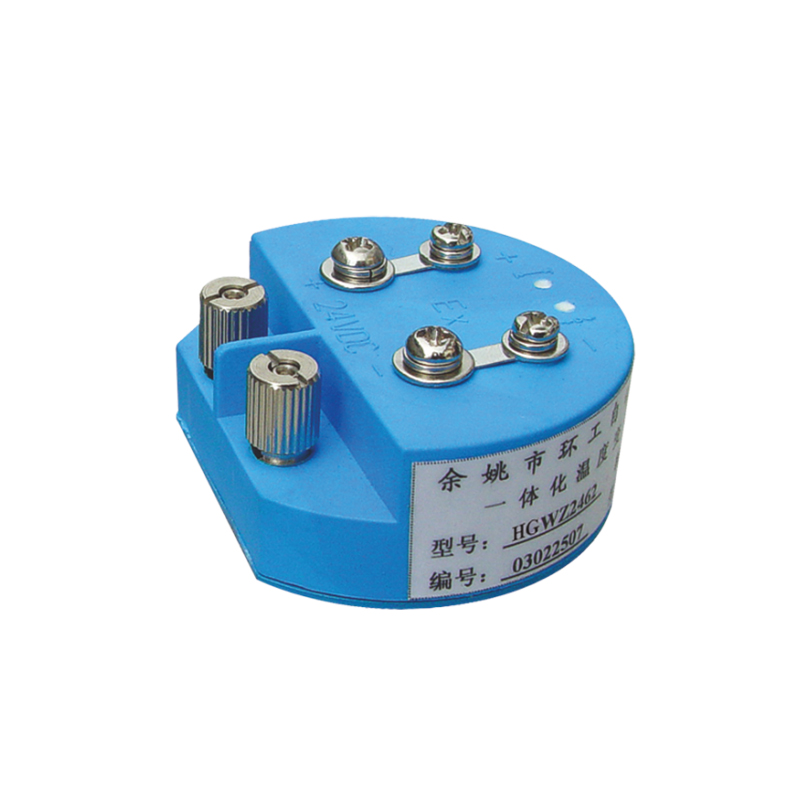
- PRESSURE
-

PB8101CdM flameproof
-

PB8300CNG2 pressure transmitters
-

PB8300CNM pressure transmitters
-

PB8300CNG2 pressure transmitters
-

PB8300CNM pressure transmitters
-

PB8300CNT pressure transmitters
-

PB8300CNM pressure transmitters
-

PB83 threaded flat diaphragm with knurled edge
-

PB83 thread full flat membrane 1
-

PB83 high temperature clamp full flat diaphragm
-

PB8300CNM high temperature with heat sink
-

PB8301CNM pressure transmitters
-

PB8303CNM pressure transmitters
-

PB8300CNM pressure transmitters
-

PB8300CNG pressure transmitters
-

Submersible level transmitter 1
-

PB6300CNM pressure transmitter
-

PB6301CNM pressure transmitter
-

PB6303CNM pressure transmitter
-

M12 angled plug type
-
- TEMPERATURE
-

Active thread armored thermocouple
-

Fine and small room temperature thermocouple
-

Radial
-

Threaded mounting universal type
-

Universal flange mounting
-

SBWZ148 temperature transmitter
-

Dual passive isolation transmitter 1
-

Anti-corrosion flange type integrated temperature transmitter 2
-

Anti-corrosion flange type integrated temperature transmitter 3
-

Anti-corrosion flange type integrated temperature transmitter 4
-

Anti-corrosion flange type integrated temperature transmitter 5
-

Dual passive isolation transmitter 2
-
- LEVEL
-

Single flange flat diaphragm type ordinary liquid level (pressure) transmitter
-

Gold plated flange flat diaphragm fressure fransmitter ordinary liquid level (pressure) transmitter
-

Submersible level transmitter ordinary liquid level (pressure) transmitter
-

Plug-in anti-corrosion level gauge ordinary liquid level (pressure) transmitter
-

Straight rod liquid level transmitter
-

With mounting bracket
-

Anti-corrosion radar level gauge 2
-

Anti-corrosion radar level gauge 3
-

No junction box PB8700 2
-

PB8700 temperature and liquid level integrated transmitter
-
- FLOWMETER
- OTHERS























 English
English русский
русский














